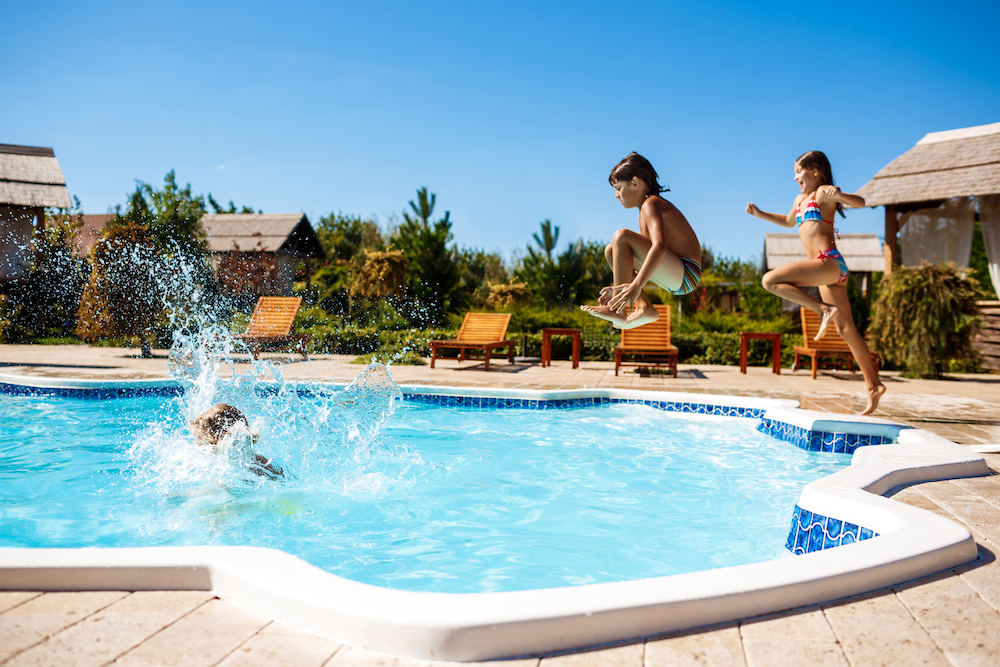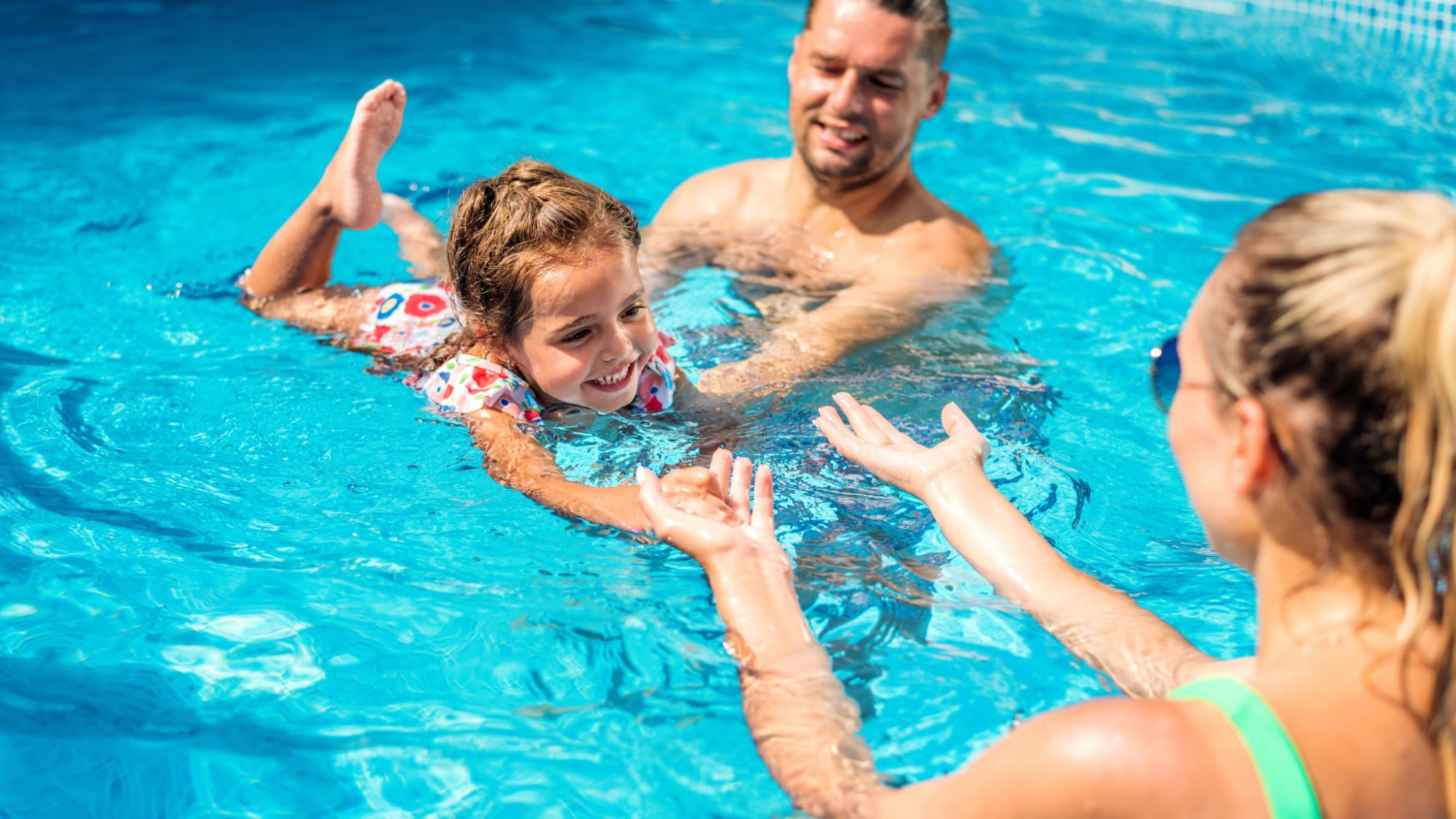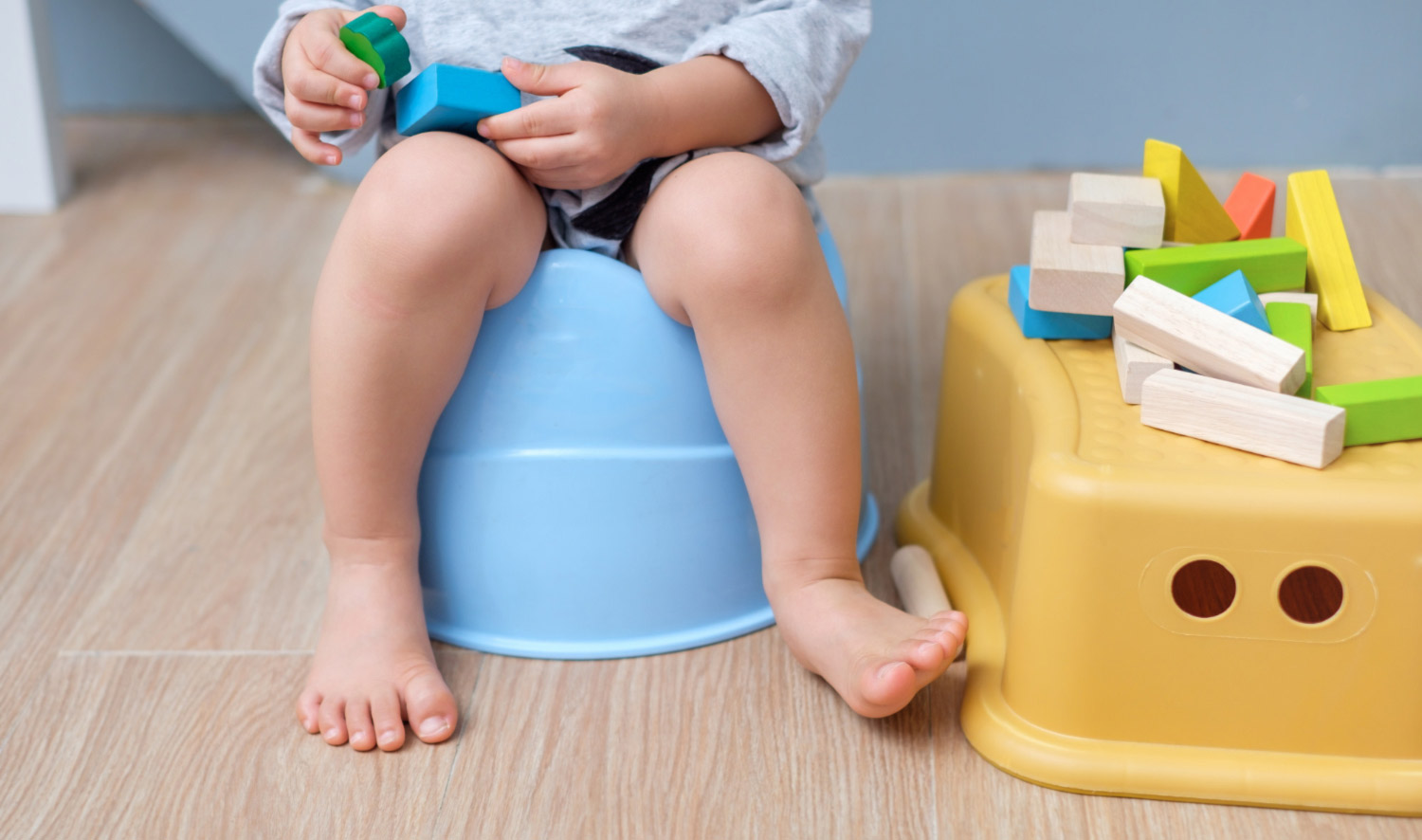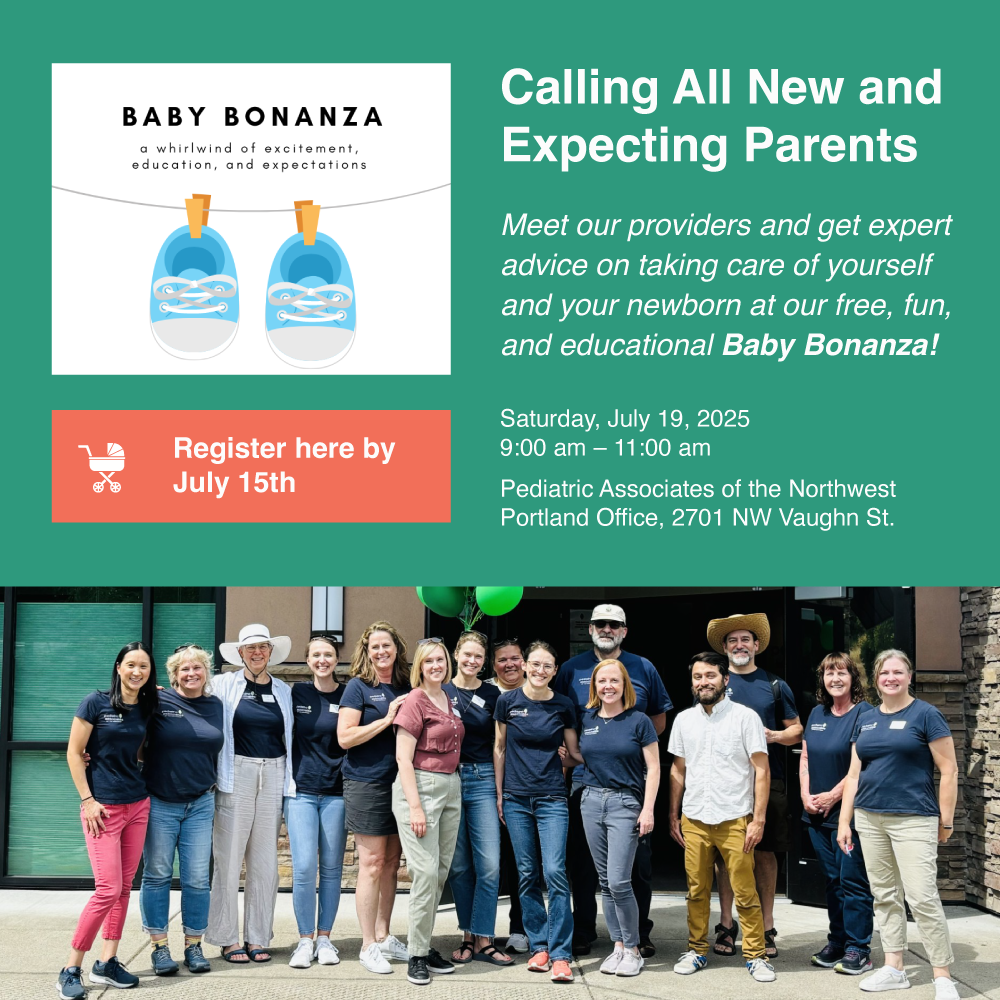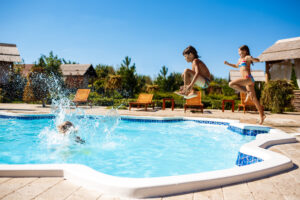 Here in the Pacific Northwest, we’re fortunate to enjoy stunning geography, complete with oceans, lakes, rivers, and backyard pools. While it may seem that oceans, lakes, or rivers are more dangerous, CDC statistics show that most drowning incidents in children ages 1 to 4 years old occur in backyard pools. And drowning is the leading cause of accidental death for children ages 1 to 14.
Here in the Pacific Northwest, we’re fortunate to enjoy stunning geography, complete with oceans, lakes, rivers, and backyard pools. While it may seem that oceans, lakes, or rivers are more dangerous, CDC statistics show that most drowning incidents in children ages 1 to 4 years old occur in backyard pools. And drowning is the leading cause of accidental death for children ages 1 to 14.
Everyone in the family plays a role in summertime water-safe fun. Regardless of where your recreational plans take you this summer, these essential tips will help to keep everybody safe – children, teens, and adults alike.
Make Your Pool a Safe Place to Play
Don’t let your guard down, no matter how familiar the environment. Remember that while the term “drowning” often refers to death, nonfatal drownings are equally devastating. Many children and adults involved in nonfatal drownings suffer brain damage or permanent disability.
The following tips can ensure water activities remain safe, controlled, and fun for everyone involved.
1. Make water safety a repeat topic of conversation
Water is fun, and it can also pose a threat. The more you talk openly about water risks, pool safety, and what to do in case of an emergency, the less likely you are to become part of the statistics. Talk about all of the risks associated with pools and water safety:
● Children must always notify adults and obtain permission to use the pool (ideally, nobody should use a pool without a competent “buddy.”
● Running near the pool can cause you to slip and fall in without anyone noticing.
● Know what a struggling swimmer looks like (splashing and yelling for help is less likely than a quiet slip to the bottom of the pool or a rapidly bobbing head in one place).
● The importance of always shutting and latching pool/backyard fences.
● What to do if there is a water emergency and how to call 9-1-1.
● Drowning happens within seconds and is often completely silent since the victim is underwater.
● Shallow water is equally as dangerous as deep water (infants and toddlers can drown in mere inches of water.)
● Drowning is less likely when there are assigned “water watchers,” so take shifts (just like professional lifeguards) when people are using the pool.
2. Take a Water Safety Certification Class
Organizations like the Red Cross offer variations of Water Safety Certification courses, such as this free online version, for parents and caregivers – including adolescents and teens. Make it a family bonding activity and take the course together. Better yet, get all your friends or neighbors with pools in your area together and encourage everyone to take the classes.
The more everyone is on the same page, the less likely there will be an incident. These courses also cover basic first aid, making certified bystanders better able to act swiftly and with informed intention in the event of an accident.
3. Enroll the family in certified swim classes
Most aquatic centers, parks & recreation departments, country clubs, or athletic clubs offer swim classes. Certified instructors teach them, and they embed water safety into the lessons. Swim classes are a summertime “rite of passage” for many families and a smart way to support pool and swim safety in your family culture. Click Here to access a list of public pools and swim classes in the Portland area.
4. Print and hang water safety posters
Keep water safety in the forefront of everyone’s mind by posting printed copies of water/pool safety posters both inside the home and around your pool. Visuals are important for non-readers and visual learners. Plus, people are prone to “fight-flight-freeze” in an accident. Having reminders of what to do – and how to do it – could save a life.
5. Educate and train “water watchers”
The next time you visit a public pool with certified lifeguards (professional “water watchers”), take a look at how they maintain a safe pool environment. Adopt these same “water watcher” models in your home and neighborhood pools:
● Lifeguards are typically 16 or older, although responsible teens can act as “water watchers” in a backyard pool setting.
● They constantly scan the pool looking for anything unusual
● Lifeguards never read books or magazines, nor do they ever use cell phones while on duty.
● They wear hats and sunglasses and use shade whenever possible to minimize sun glare off the water that could mask a drowning or struggling victim.
● They stand or sit close to the pool’s edge for easy entry if needed.
● In many cases, lifeguards carry a flotation device such as a ring or rescue tube, so it’s immediately available.
● Is sober, alert, and never under the influence of alcohol, recreational drugs, or narcotics (more on this below).
You can and should apply these same tenets to your “water watching.” Remember that more adults are not necessarily better around the pool if they talk, laugh, drink, and focus on each other – rather than devoting undivided attention to the pool. That’s why assigning dedicated “water watches” on short, timed sifts is ideal.
6. Everyone who can be CPR/First Aid certified should be
CPR and First-Aid certification is a prerequisite for working as a lifeguard or swim teacher. We might advocate the same for anyone who has a backyard pool. Again, the Red Cross and American Heart Association offer CPR/First Aid certification courses in person and online. Studies have shown that children as young as nine years old can learn and apply the skills learned in these courses.
7. Do not drink or consume drugs when “supervising” pool play
Alcohol plays a significant role in teen and adult drownings, as those who are intoxicated are more likely to have accidents that lead to drowning. However, a lesser-talked-about reality is that adults who are drinking are less apt to pay close attention to children in the water. Keep drinking to a minimum when your kids are in the pool. Encourage the idea that “water watchers” are like “designated drivers” and make it an alcohol-free event.
A Safe Summer is a Fun Summer
The team at Pediatric Associates of the Northwest wishes all of our patients and the community a safe and fun summer. We encourage you to share these pool safety tips for families with your social network. Keeping kids and teens safe is a community event!

